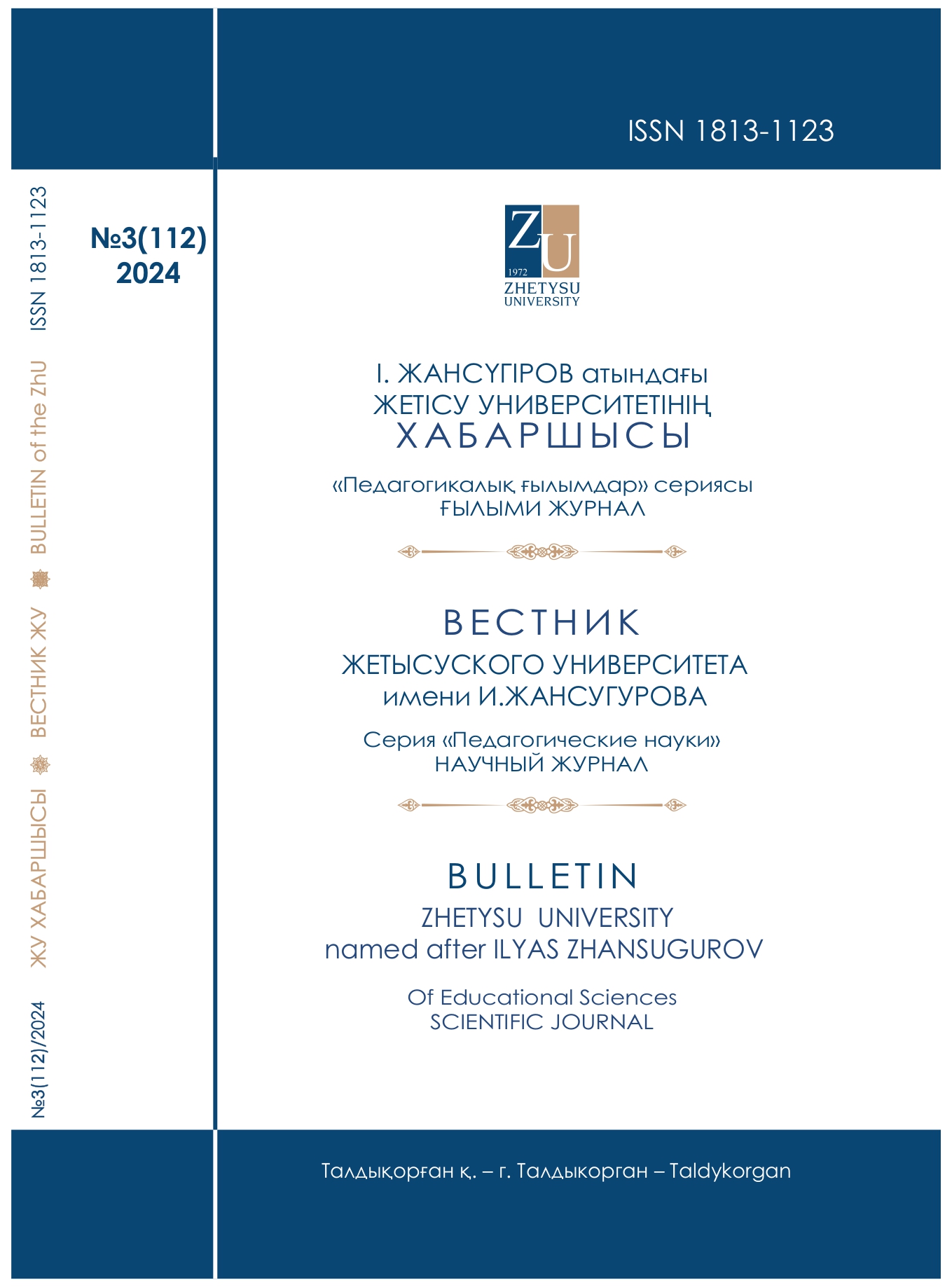THE ETHICS OF ARTIFICIAL INTELLIGENCE IN EDUCATION: CHALLENGES AND OPPORTUNITIES
DOI:
https://doi.org/10.53355/ZHU.2024.112.3.016Keywords:
artificial intelligence, education, ethics, algorithmic bias, data privacy, digital divide, personalized learning, inclusive education, transparency, responsible AI integrationAbstract
Abstract. Artificial intelligence (AI) is transforming education by offering personalized
learning experiences, enhancing inclusivity, and automating administrative tasks. However, its
rapid integration raises significant ethical concerns, including algorithmic bias, data privacy,
reduced teacher involvement, and the digital divide. This study explores the ethical dimensions of
AI in education through a qualitative approach, including a literature review, comparative
analysis, and expert interviews. Results highlight the need for transparency, robust data
protection, and equitable access to technology. The study concludes with recommendations for
fostering responsible AI integration, emphasizing collaboration among educators, policymakers,
and technologists to maximize benefits while addressing potential risks.

 ҚАЗ
ҚАЗ РУС
РУС ENG
ENG
